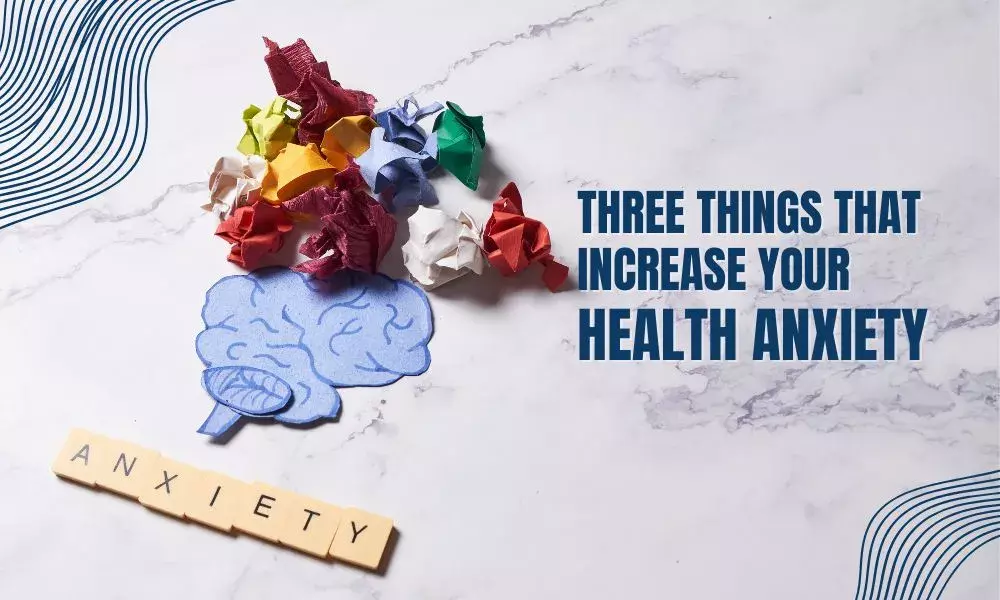Often, many of us feel bloated, deal with stomach cramps, or struggle with irregular bowel movements, which are symptoms of poor digestive system. These can cause discomfort and negatively affect our daily lives.
Digestion helps break down the food and drinks we consume into the essential nutrients our body needs to work well. Our body relies on proteins, fats, carbohydrates, vitamins, minerals, and water to fuel itself, grow, and repair cells. The digestive system is responsible for breaking these nutrients into small parts for our body to absorb and utilise the energy for growth, and cell repair.
Each part of our digestive system has a role in moving food and liquids through our gastrointestinal (GI) tract and breaking them into smaller parts. Proteins are initially broken down into amino acids, fats are then broken down into glycerol and fatty acids, and carbohydrates are further broken down into simple sugars.
Once these foods are small enough, our body can absorb the nutrients and transport them to where they are needed. The large intestine absorbs water, and the waste products of digestion become stool. Nerves and hormones also play key roles in controlling the digestive process.
Impact of the poor digestive system on our health
A poor digestive system can impact our overall health significantly, leading to symptoms like bloating, constipation, diarrhea, abdominal pain, fatigue, nutrient deficiencies, skin issues, mood swings, weight fluctuations, weakened immune system, and even increased risk of certain chronic diseases
Here are six ways to keep the digestive system strong:
Good food for digestion and bloating: Fibre-rich foods help regulate bowel movements and keeps our digestive system running smoothly. Foods like fruits, green vegetables, whole grains, and legumes are excellent sources of fiber.
Stay Hydrated: Drinking water during the day can help us to stay hydrated. It aids your body in digesting food more effectively and keeps your digestive system functioning well by preventing constipation.
Eat healthy: One must have a balanced diet rich in fruits, vegetables, lean proteins, and whole grains. A varied diet provides the essential nutrients your digestive system needs to function at its best.
Stay Active: Exercise helps stimulate the natural contractions of your intestinal muscles. This promotes healthy digestion and helps control the risk of constipation.
Watch your plate: Practice mindful eating by chewing your food thoroughly and eating slowly. This helps our digestive system break down the food more efficiently, reducing the likelihood of indigestion and bloating.
Add probiotics: Probiotics are beneficial bacteria that support a healthy gut and can help in improving digestion. Add probiotics to your diet, either through foods like yogurt and fermented foods or supplements.
A poor digestive system can impact our overall health adversely. One must therefore take necessary measures to take care of one’s digestive system. To consult a specialist for all digestive issues – CLICK HERE.
FAQ on Strong Digestive System
Which fruit is best for digestion?
Apples, bananas, oranges, pineapple, watermelon, pomegranate, ginger, etc., are certain fruits that are best for digestion.
What drinks improve digestion?
Few herbal teas can boost our digestive health
-
Peppermint tea
-
Chamomile tea
-
Ginger tea
-
Fennel tea
How do I make my digestive system strong?
One must include the following in the routine to build a strong digestive system.
-
Eat healthy
-
Watch your plate
-
Add probiotics
-
Add Fibre-rich foods
-
Stay Hydrated
-
Physical Exercise is a must




